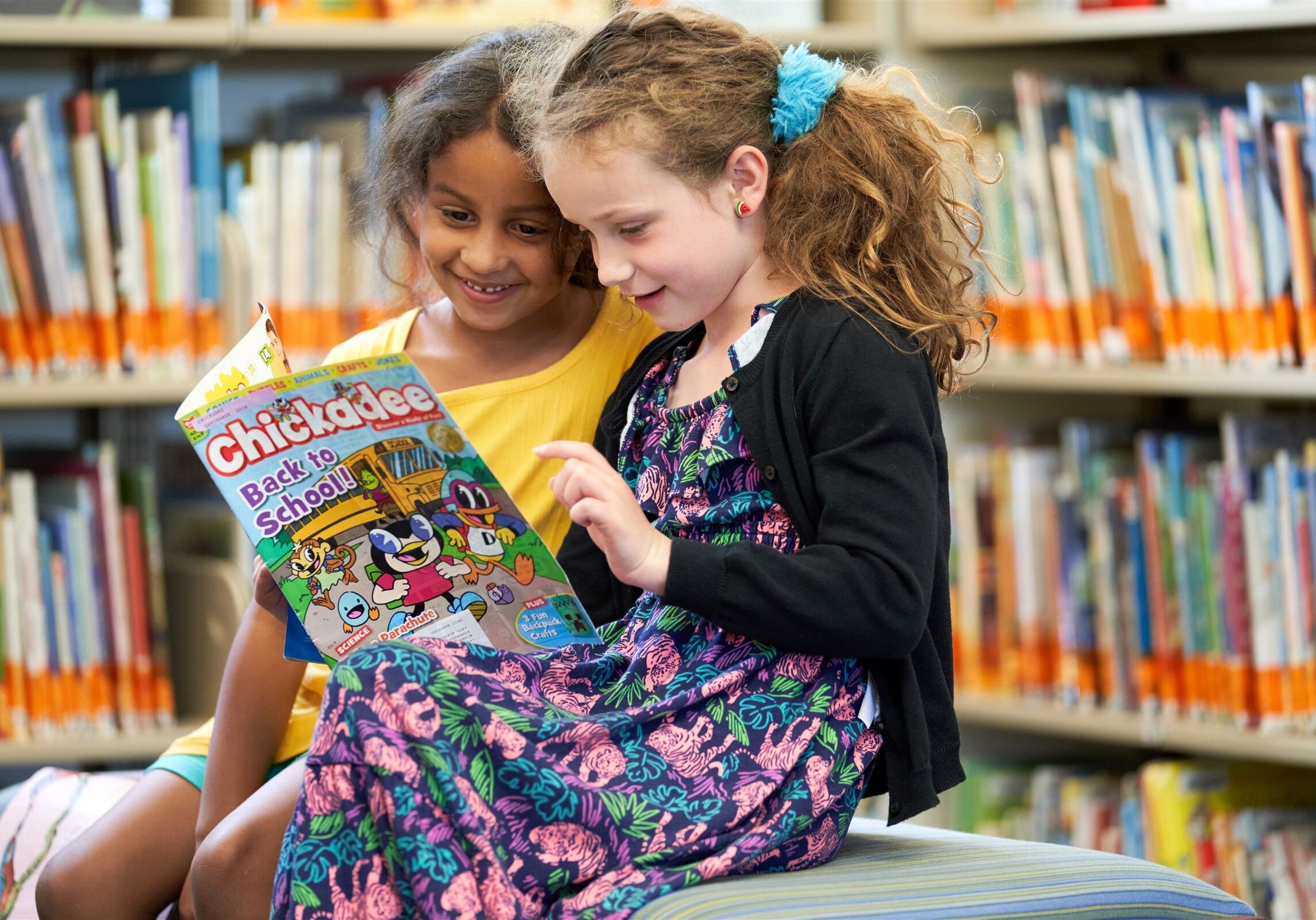Friend Wanted
October 17, 2022

“I am looking for a friend who likes dogs and who LOVES to pet the soft fur on the dog. I want a friend who will eat popcorn with me and watch Descendants 2 until we watch it 20 times.”
“I am looking for a friend who is an ice cream addict that likes chocolate ice cream more than any other flavor.”
“I am looking for a friend who loves to read and read for two hours nonstop.”
“I am looking for a friend who likes to play with slime and who will stretch it out with me.”
“I am looking for a friend who will watch Harry Potter movies with me until it gets dark outside.”
“I need a friend who will bake a cake with me then eat it all until we get a tummy ache.”
“I am looking for a friend that has an open imagination.”
These quotes help us better understand eight-year-old children’s unique interests and priorities. They also provide an avenue for students to find others with similar interests and an opportunity to broaden their friendships.
Some quotes from the “Friend Wanted” ads also mention tricky aspects about childhood friendship. For instance:
“I want a friend who is kind and doesn’t make fun of me.”
“I want a friend who will help me when I’m hurt and leave me alone when I want to be left alone.”
“I want friends who are kind and will stand up for me.”
These quotes are essential to pay attention to because it’s easy for us to forget how challenging it was as a child to navigate friendship. We need to be patient and supportive of young children as they are still learning how to be good friends.
There are several skills necessary to form and maintain healthy friendships. Some are connecting and communicating with others, taking turns and sharing, reading emotions, empathizing, regulating anger and frustration, apologizing, and trusting others. We are not born with these skills, so they must be modeled, explicitly taught, and practiced.
Some children have difficulty making and maintaining friendships. Often those are children who are shy or anxious or have limited interpersonal skills. Parents can help their children develop the skills of being a good friend by organizing playdates and signing their child up to participate in group activities with other children. Again, it’s critical to be patient and supportive here and consistently model the skills for the child.
Another vital aspect of childhood friendships is supporting children when they experience conflict with friends. Some conflict between friends is expected, so we must equip our children with the skills necessary to effectively problem solve. It is critically important for parents to refrain from speaking ill about the friend in front of their child. It’s essential to take a deep breath and take perspective. Most conflicts are not one-sided; usually, both the truth and responsibility are somewhere in the middle. When your child finds themselves in conflict with a friend, take the time to coach them with tips and language so they can solve the problem on their own first. Of course, if a mutually agreeable resolution is not the outcome, offering more support is appropriate.
As I think back on the third-grade “Friend Wanted” ads, there’s no doubt that our students have a lot to offer each other. So many have already developed strong bonds. While there will be friendship ups and downs as they get older, if there’s a strong foundation of skills and a supportive family, they will manage those challenges with respect, perspective, and care.
Posted in Academics